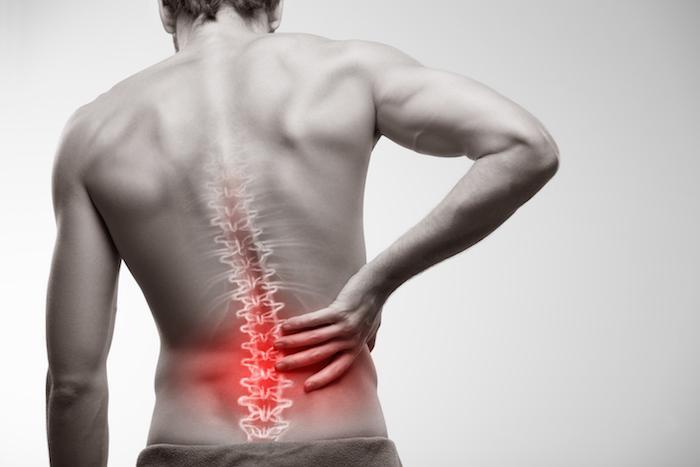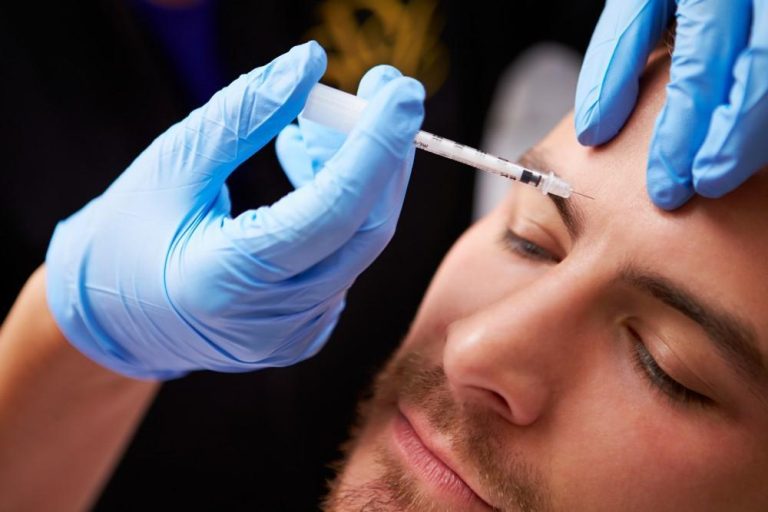
Did you know that nine out of 10 Americans will experience debilitating back pain at some point in their lives, and 40 percent of those with chronic back pain will be diagnosed with degenerative disc disease?
So you’ve been suffering from back pain for a while now, and you’re wondering if it could be degenerative disc disease. At Advanced Spine and Pain, we’ve treated thousands of patients for degenerative disc disease and are happy to share the secrets we’ve learned to help you answer the question, “Do I have it?”
You’re at high risk.
If you have a family history of degenerative disc disease (DDD) — especially if your mother, father or both had the disease — it’s more likely that you’re suffering from the same problem.
Age is also a leading risk factor. If you’re over 60 years old, you’re actually more likely to have DDD than not, even if you don’t suffer from back pain.
If you’ve spent much of your life or career bending, lifting and performing physical labor, or you’ve suffered trauma to your neck or back in the past, your risk of DDD is increased as well. Men are more likely to get DDD than women, and smokers are at higher risk than non-smokers.
Another recent study conducted by Stanford University found that obesity is also a leading risk factor for this sometimes debilitating condition. Although there hasn’t been adequate research to support obesity as a direct cause of DDD, statistics make the correlation between the two very clear. If you have a BMI over 25, it’s quite possible that your back pain is related to DDD.
If none of these risk factors apply to you, there could very well be another, unrelated culprit causing your back pain. Likewise, if all of these risk factors apply to you, the probability that DDD is causing your pain and discomfort is high.
The pain is worse when you’re resting.
The pain associated with degenerative disc disease is often worse when you’re at rest than it is when you’re up and walking around. For this reason, patients with DDD often have a hard time sitting through a whole movie or day at the office, for example, and might find themselves pacing back and forth frequently throughout the day. Additionally, you might find that you have to get up during the night and walk around to alleviate your back or neck pain. These are classic signs of DDD.
Home interventions aren’t helpful.
If you’ve tried anti-inflammatories, heat or ice without any alleviation of your symptoms, you might be dealing with degenerative disc disease. DDD usually requires intervention from a doctor, and, although the pain tends to come and go, over-the-counter remedies are largely unsuccessful in providing any lasting relief as they’re unable to address the underlying cause.
Pain isn’t the only symptom.
If you’re also experiencing numbness and tingling in your arms or legs or weakness in your leg muscles, you might have degenerative disc disease. In fact, it’s critical that you see a doctor as soon as possible if you experience weakness, numbness or tingling associated with DDD as it can indicate nerve damage.
If you’ve been suffering from chronic, unexplained back pain — or you’ve been diagnosed with DDD but unable to find treatment that works — call the experienced physicians at Advanced Spine and Pain to schedule a consultation today.
]]>





